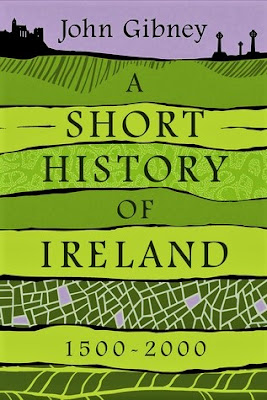Car Wash (1976). Director, Michael Schultz (born 1938), African American director of Waiting for Godot (1966), Cooley High (1975) and Black-ish (2015-2017). Writing credit (with Schultz helping refine the script): Joel Schumacher (born 1939), director of St. Elmo's Fire (1985), The Lost Boys (1987), Batman Forever (1995) and House of Cards (2013).
Car Wash is a workers' movie, a kind we ought to see more of, a kind that had a strong showing in the rough and tumble 1970s. In many ways, the decade of the 1970s was a high water mark for positive change aspirations, certainly a peak period for introspection and multicultural expression.
Spanish subtitle: Un Mundo Aparte / "A World Apart." It's a Marxian delectable: follow the money trail. Who owns the means of production?
Speaking of money, Richard Pryor plays Daddy Rich of the Church of Divine Economic Spirituality, certainly not a caricature when you consider that even today, in 2018, Jesse Duplantis, "televangelist and prosperity gospel preacher," wants his followers to supply him with a new fifty-four million dollar jet. (See Tim Morris, "Jesse Duplantis just wants a jet for Jesus," Nola.com and Times-Picayune, June 3, 2018. Link here).

Other characters (all of them memorable) include Antonio Fargas (Huggy Bear in Starsky & Hutch, 1975-1979) as cross-dressing and apparently gay Lindy; T.C., "The Fly" (Franklin Ajaye); Lauren Jones as Marleen, a hooker; George Carlin as "the Taxi Driver;" Ivan Dixon as the gruff-voiced, cigar-smoking Lonnie; and Bill Duke as Abdullah Mohamed Akbar. The last two characters provide moral gravity for the film, which largely through them transcends itself from light commentary into incisive, still way too pertinent social commentary.
Abdullah: "I don't know, man, I don't know. I know I'm not crazy. But every day I have to come here and watch this clown show, man. Sometimes . . . just can't take it."
Lonnie: "I know."
Abdullah has these lines, too, which seem to have been cut from the version I saw: "[to camera] If you are watching this in the future, know that time has had its way with us, and that we knew it would. And it will with you. There is no escaping this. In a strange way, it's what makes life so beautiful and strange, that nothing alive stays the same." (See IMDB link here).
Today's Rune: Possessions.




































